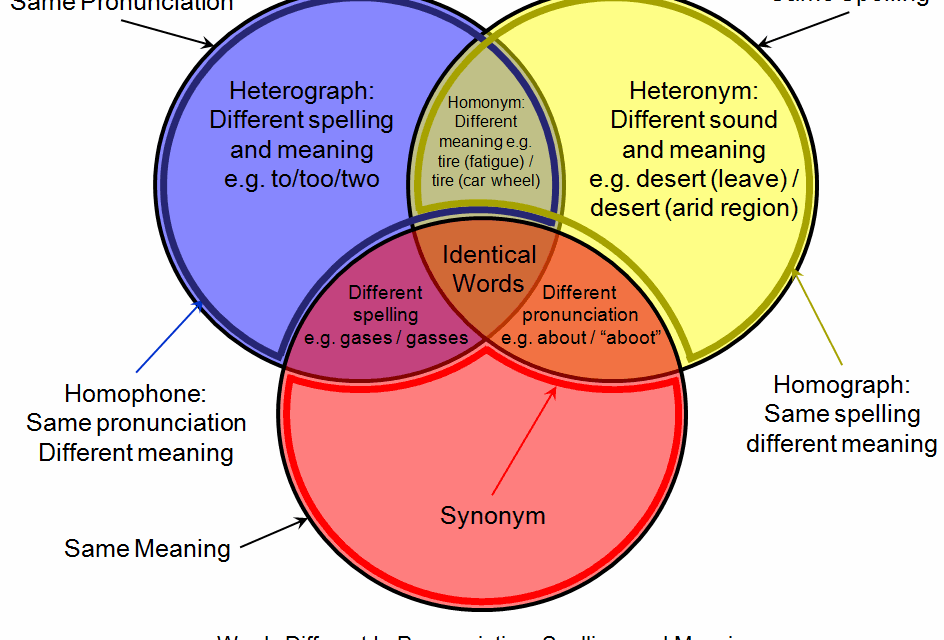 Christian missionaries are vital to conserving endangered languages, writes Laura Spinney in More Intelligent Life, a quarterly magazine from the Economist.
Christian missionaries are vital to conserving endangered languages, writes Laura Spinney in More Intelligent Life, a quarterly magazine from the Economist.
In 1963 Barbara and Joseph Grimes sat down with their Huichol neighbours to discuss what to do about the bandits terrorising their remote community. It was clear to everyone that the Grimes themselves were the problem. Seeing Americans living there, at the southern tip of the Rocky Mountains, the bandits assumed the community was rich. The Grimes recognised that it would be best for everyone if they left.
So ended a productive decade for the couple. As young newlyweds in 1952, they had gone to live among the Huichol in the Mexican state of Nayarit, far from shops, roads, electricity and comforts of modern civilisation. Joseph had produced a dictionary of the Huichol language and started work on a translation of the New Testament, and Barbara had brought three children into the world.
But the Grimes soon found a new outlet for their energy. Back in America, Richard Pittman of the Summer Institute of Linguistics (SIL), the Protestant missionary organisation that had sent the couple to Mexico, recruited them to his pet project. The mission of SIL, now SIL International, is to research and document languages in order to translate the Bible into as many of them as possible. In 1951 Pittman had started interviewing missionaries and linguists about the languages that were spoken in the parts of the world where they worked. The result was a language catalogue called Ethnologue, the first mimeographed edition of which ran to ten pages. The Grimes threw themselves into the project, and Ethnologue grew and grew. By the time Barbara took over as editor in 1974, the next step seemed logical, if daunting. “I made the decision to try to include all the countries and languages of the world,” she told me over the phone from Hawaii, where she and Joseph live now that they are retired.
As is often the case, the true value of Pittman’s idea, and Barbara Grimes’s contribution to it, only became clear much later. In 1951 nobody anticipated the death of languages, explains Paul Lewis, Ethnologue’s current editor. Like old sailors, languages were just thought to live on and on. Now we know that’s not true. Optimistic estimates suggest that by 2100 at least half of the roughly 6,000 extant languages will be either dead or moribund, meaning that children will not be speaking them. Approximately two-thirds of those 6,000 languages have never been written down.
These days a global army of linguists (some missionaries, some not) feed Ethnologue and keep it up-to-date. Lewis coordinates their efforts with the help of a small editorial team based at SIL’s headquarters in Dallas, Texas. Academic linguists who contribute to the database aren’t paid for their efforts, though an Ethnologue citation embellishes their publication record. The catalogue includes roughly 7,000 languages and is updated roughly every five years, both in print and online; the latter version is freely accessible to anyone.
Many linguists are uncomfortable with Ethnologue’s missionary roots. Indeed, missionaries have long been blamed for linguicide for the way they impose “killer” languages such as English and Spanish on speakers of minority languages, says Tove Skutnabb-Kangas, a linguist who is now retired from the University of Roskilde in Denmark. In his 2009 book, "Dying Words", Nicholas Evans, an Australian linguist, tells the tale of the Aboriginal language Kayardild, once spoken by inhabitants of Bentinck Island, Queensland. In the 1940s, missionaries evacuated Bentinck Islanders to the mission on Mornington Island, about 50 kilometres to the north-west, where children were not taught Kayardild. Today the language, which Ethnologue classifies as “nearly extinct”, has only six speakers left.
Yet Evans says there are also plenty of examples of missionaries helping to preserve minority languages. For example, the Spanish priests who followed the conquistadors into South America documented indigenous languages as they went. Evans describes his attitude to Ethnologue as pragmatic. “It is clearly biased by its missionary agenda,” he says, citing its information about Bible translations as an example. “On the other hand, they are the only people who have put the resources into assembling a worldwide database, and that counts for a lot in my eyes.”
Though academic linguists are suspicious of SIL's religious goals, many concede that the Ethnologue is the best tool of its kind. This despite the fact that much of the information is dated, meaning that some languages classified as spoken are actually extinct, according to Lyle Campbell, a linguist at the University of Hawaii at Manoa. Atsugewi, Clallam and Coos are just three of many examples of extinct languages he cites. A more serious problem, Campbell says, is how Ethnologue defines a language. “In most parts of the world, Ethnologue has a much higher number of languages than most linguists working there would recognise,” he says. This has led some to suspect that SIL International is attempting to justify having more missionaries in the field than the language work strictly warrants.
Lewis, the editor of Ethnologue, acknowledges these complaints. “People write to us saying, you say there are two varieties of our language, well we’re all one people,” he says. However, the criteria his team uses are the ones that Barbara and Joseph Grimes painstakingly developed half a century ago, which boil down to whether two speakers can understand each other or not. Defining a language is notoriously difficult. At which point in the divergence of two dialects does one decide that they have become different languages? The Ethnologue definition isn’t perfect, says Lewis, but it’s one of the embarrassments of linguistics that the entire field of study hasn’t come up with a better one.
But if Ethnologue’s working method hasn’t changed in the last half-century, the image it projects to the outside world has. The Grimes had no objection to calling themselves missionaries, but Lewis’s generation is squeamish about the label. “The stereotype is not one we want to own,” he says. “We describe ourselves as linguists, translators, development workers, and we do it as a faith-based organisation and out of a Christian motivation.”
Modern missionaries are anthropologically aware, he says. They understand the importance of minority languages, not just for communication but also for a people’s identity, and they are ge
nerally more deferential than missionaries in centuries past. Moreover, in declaring their ideology at the outset, he believes that SIL International linguists are more intellectually honest than academic linguists who claim to have no ideological bias at all.
Would SIL International ever consider ceding Ethnologue, so that it could become a linguistic enterprise without a religious agenda? This has been discussed, says Lewis, but mostly outside the organisation. The problem is, Ethnologue was built and is maintained with the help of a large number of volunteers and with money provided by Christian organisations. “As I look at the academic world, I don’t see any other institution that could support something of this magnitude over this period of time,” he says. Languages evolve and die, but over long stretches of time, making the monitoring process a protracted one. Ethnologue is valuable because it has created a sort of surveillance network for languages that ensures continuity.
Since 1986 the Grimes have lived and worked in Hawaii. In 2000, aged 71, Joseph Grimes published a translation of the New Testament in Hawaii Creole English, called "Da Jesus Book". The following is an extract: “God wen get so plenny love an aloha fo da peopo inside da world, dat he wen send me, his one an ony Boy, so dat everybody dat trus me no get cut off from God, but get da real kine life dat stay to da max foeva.” (John 3:16) The work of 12 years with the help of 26 indigenous speakers, it resulted in a grammar book and a dictionary as well.SIL International missionaries continue to travel to far-flung parts of the world to document languages, much like academic linguists, but with the security of faith rather than of tenure, and with no official retirement age. With thousands of languages still undocumented, many of which are in danger of dying before they are written down, it looks as though these emissaries of faith will continue to find plenty of work to keep them busy.Copyright 2010 More Intelligent Life (www.moreintelligentlife.com). All Rights Reserved. This article appeared here: http://moreintelligentlife.com/content/ideas/laura-spinney/god-loving-linguists
FAIR USE NOTICE
This article is a copyrighted material the use of which has not been specifically authorized by the copyright owner. We believe this constitutes a 'fair use' of any such copyrighted material as provided for in section 52 of the Indian Copyright Law. In accordance with Title CHAPTER XI: Infringement of Copyright, section 52 the material on this site is distributed without profit to those who have expressed a prior interest in receiving the included information for research and educational purposes. For more information go to: http://copyright.gov.in/CprAct.pdf. If you wish to use copyrighted material from this update for purposes of your own that go beyond 'fair use', you must obtain permission from the copyright owner.
We will remove from this article from our website if the author or publication has objection to us posting this content on our website. Please provide us with the URL of the item.
{moscomment}



